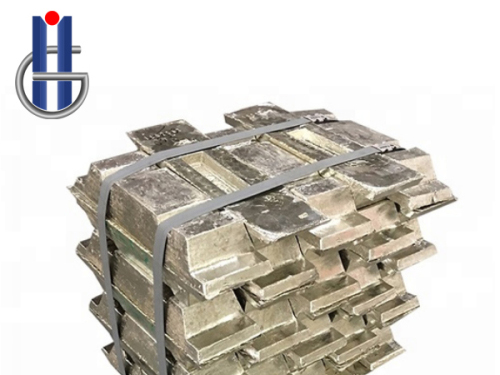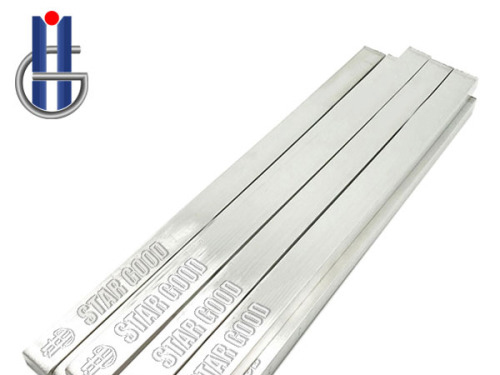Pure tin ingots, made of 100% tin, are metal blocks typically produced through casting or electrolysis. Pure tin ingots serve various purposes in both industrial and consumer applications. Here are some primary uses of pure tin ingots:
Soldering Material:
Pure tin ingots are excellent soldering materials used in electronics, electrical work, piping, and metal crafts. Tin's low melting point and good flowability make it an ideal solder, especially in connecting electronic components.
Electronic and Electrical Components: Pure tin ingots are employed in the manufacturing of electronic components and electrical parts, such as semiconductor devices, circuit boards, and connecting wires. Tin's application in the electronics field is primarily due to its conductivity and soldering properties.
Food Packaging: Pure tin ingots are used in food packaging, especially in canned foods. Due to tin's resistance to corrosion, it prevents direct contact between the food and the metal can, preserving the freshness and safety of the food.
Alloy Manufacturing: Pure tin ingots are commonly used as a component in alloys. For example, alloying tin with other metals like lead produces soft solder used in soldering and lubrication. Alloying tin with copper produces bronze.
Art and Craftsmanship: Pure tin ingots are sometimes used in the creation of decorative items, sculptures, and cast art in the fields of art and craftsmanship. Tin is easy to work with and can provide a certain decorative effect.
Cosmetics and Medical Applications: Due to tin's inert nature and good skin tolerance, pure tin ingots are occasionally used in the manufacturing of some cosmetics and medical devices.
Rust Protection Coatings: Pure tin ingots can be used to prepare rust protection coatings to safeguard metal surfaces from oxidation and corrosion.
In summary, the uses of pure tin ingots are diverse, depending on their physical and chemical properties and the specific requirements in different fields.



 High Purity Tin Ingot: Crucial Applications and Benefits
High Purity Tin Ingot: Crucial Applications and Benefits
 Pure Tin Ingot: Essential Material for Diverse Industrial Applications
Pure Tin Ingot: Essential Material for Diverse Industrial Applications
 Unlocking the Potential of Pure Tin Bars: Essential Components for Diverse Industries
Unlocking the Potential of Pure Tin Bars: Essential Components for Diverse Industries
 Lead Bar for Sale: Uses, Specifications, and Buying Considerations
Lead Bar for Sale: Uses, Specifications, and Buying Considerations